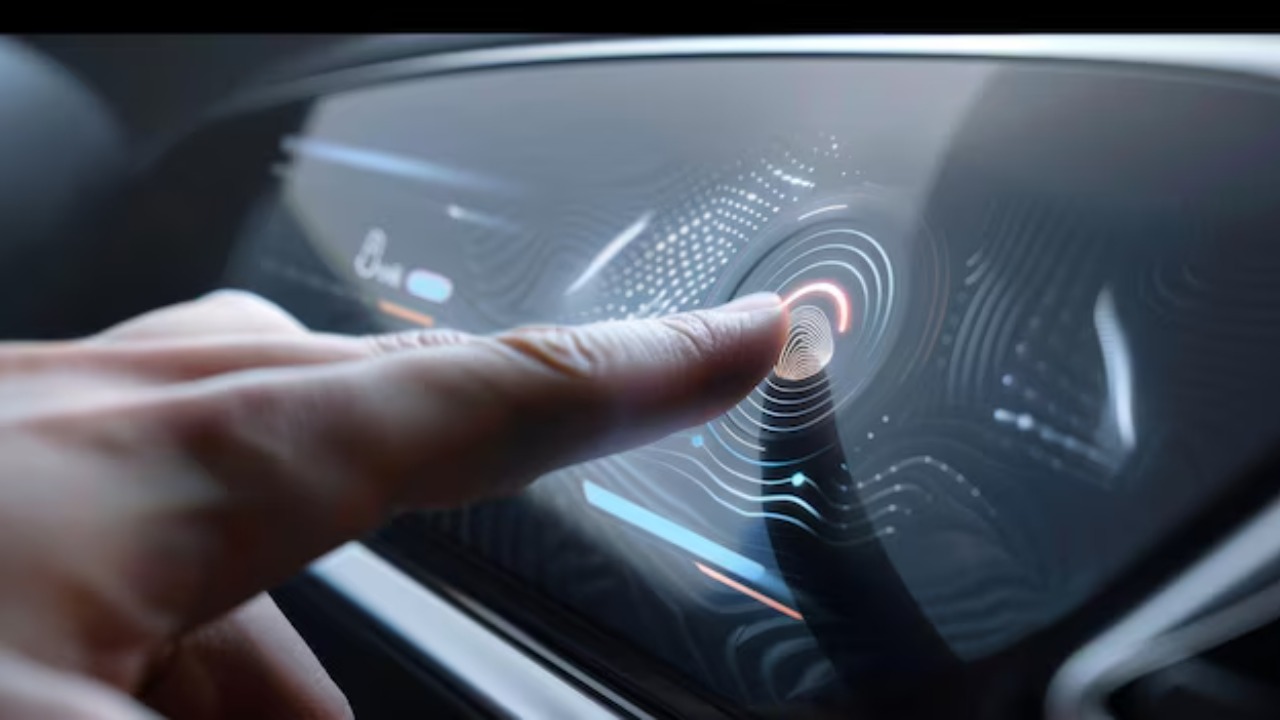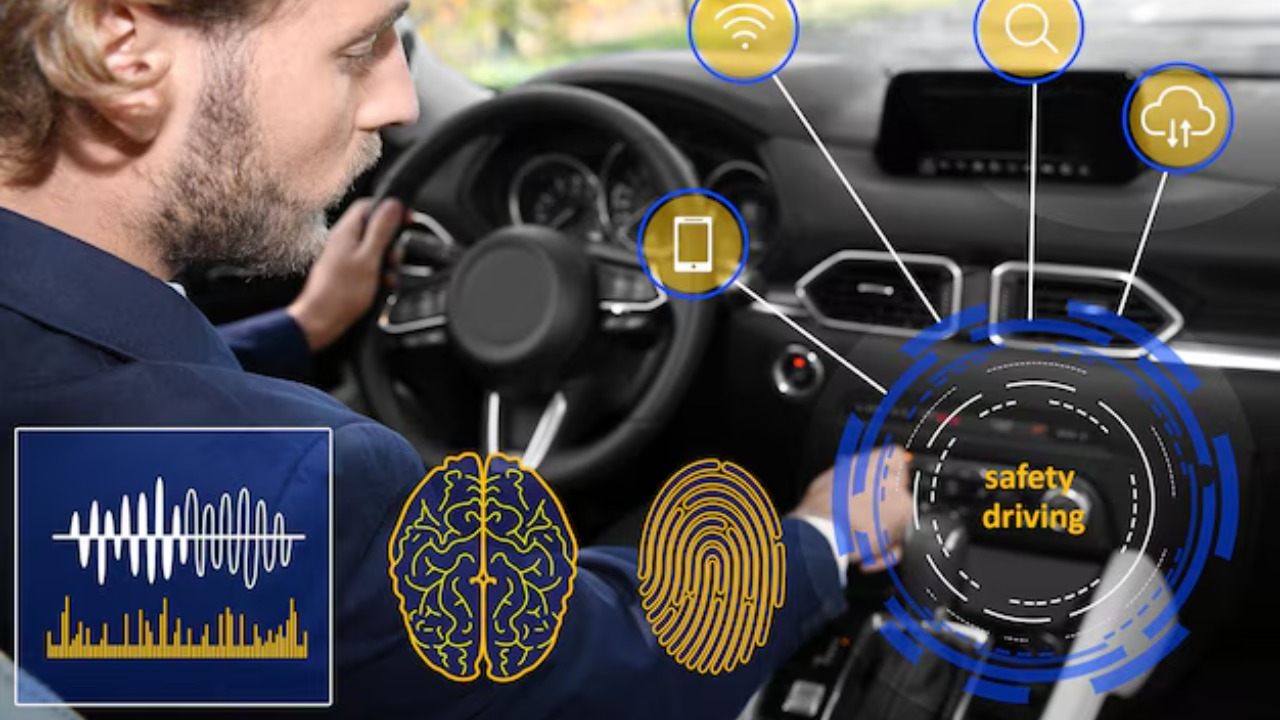Emerging automotive technology is set to revolutionize the way we interact with our vehicles. Soon, we may need to provide biometric identification before we can even start our cars. While this development promises enhanced security, it also brings forth significant privacy and practicality concerns.
The Rise of Biometric Technology in Vehicles

Biometric technology is increasingly finding its way into the automotive industry. Modern vehicles are now being equipped with advanced systems that can recognize unique physiological traits of individuals. This is not just a futuristic concept, automakers like Hyundai and Mercedes-Benz have already begun integrating this technology into their latest models.
There are various types of biometric technologies being used in cars. Fingerprint recognition is one of the most common, used to unlock and start vehicles. Similarly, facial recognition technology is being used to authenticate drivers, adjust settings according to the driver’s preferences, and even monitor driver fatigue. These cutting-edge technologies are transforming the user experience and raising the bar for vehicle security.
The Advantages of Biometric Identification in Cars

Biometric identification brings a wealth of advantages to car security. With this technology, vehicles can be accessed and operated only by authenticated users, thereby reducing the risk of theft. Even sophisticated car thieves who can bypass traditional security systems will find it difficult to replicate unique biometric data.
Moreover, biometric technology can provide a personalized driving experience. For instance, Mercedes-Benz’s MBUX system uses facial recognition to identify the driver and adjust settings such as seat position, mirror angles, and infotainment preferences. This not only enhances convenience but also contributes to safer driving by reducing the need for drivers to adjust settings manually while on the move.
Privacy Concerns and Legal Implications

While biometric technology offers numerous benefits, it also raises serious privacy concerns. The storage and processing of biometric data, such as fingerprints and facial images, potentially expose individuals to privacy risks. In case of a data breach, this sensitive information can fall into the wrong hands, leading to serious consequences.
Furthermore, the current legal framework for biometric data is not fully equipped to handle these issues. Laws pertaining to biometric data vary widely across jurisdictions, and many are yet to catch up with the rapid advancements in technology. Therefore, there is a pressing need to establish robust legal frameworks that can effectively safeguard privacy while facilitating the growth of biometric technology in the automotive industry.
The REAL ID Act and its Potential Impact on Biometric Vehicles

The REAL ID Act is a federal law in the United States that sets standards for the issuance of sources of identification, such as driver’s licenses. With the enforcement of the REAL ID Act, it’s pertinent to consider how this could impact the use of biometric identification in vehicles.
As REAL ID-compliant identification uses biometric data, it could potentially pave the way for wider acceptance and implementation of biometric technology in vehicles. However, the enforcement of the Act may also raise concerns about data privacy and security. For instance, if biometric data used for REAL ID is also used for vehicular access, a breach in one system could potentially affect the other. This underscores the need for stringent security measures and robust legal frameworks to protect users’ biometric data.
The Future of Car Security and Biometric Technology

With the growing integration of biometric technology in cars, it’s clear that this technology will play a significant role in shaping the future of car security. As biometric systems become more advanced and widespread, they could potentially replace traditional keys and even electronic fobs.
Moreover, the potential of biometric technology extends beyond security. It could contribute to the development of autonomous vehicles by verifying the driver’s identity and capability to take control of the vehicle when necessary. Therefore, further advancements in biometric technology could be instrumental in realizing the vision of fully autonomous vehicles.